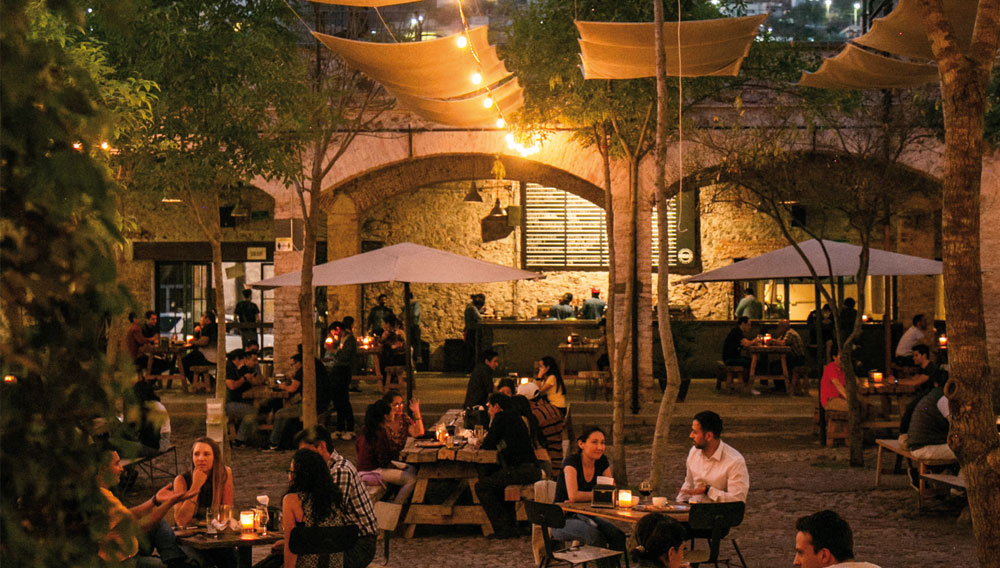World beer culture in the middle of Mexico
Restaurant and brewery concept | In the middle of Mexico one private brewery is proving that sophisticated beer culture isn’t simply a matter of brewing high-quality beers. BRAUWELT author Sylvia Kopp visited Compañía Cervecera Hércules in Querétaro and discovered a great beer venue with an inviting beer garden and a company that understands brewing, beer culture and the restaurant trade.



 6 print issues
6 print issues